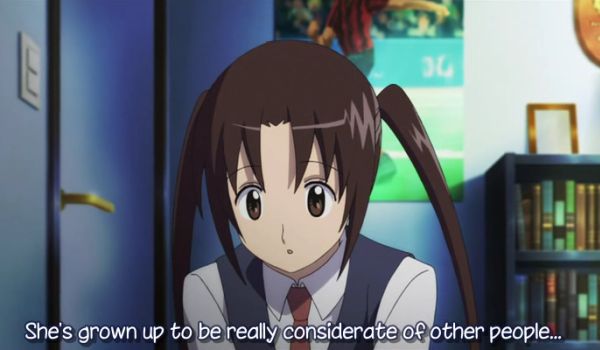
Many people have admirable aspirations, but lack the mental resources to achieve them. I feel that something should be done to help them, starting from the very basics of understanding the human mind.
I had a brief interchange on Google+, where I mentioned that there are days when I wish I could upgrade the brain of everyone with improved software. One of my online acquaintances replied: “You never know whether that would crash them completely (RAM problems)”.
But I have already given that some thought. I believe that, in fact, it may be more gain from upgrading the “program code” of brains that have less memory and less processing power. I certainly think this is better than the modern path of just adding more and more data to them.
Today, education just goes on and on. Whereas my grandfather went to school for 7 years – and I believe 3 days a week, at that – and I took a few college courses after high school, young people today need 3-4 years of college to get a job, and sometimes stay in schools until they are closer to 30. That is not in and of itself a horrible fate, but if you have “RAM problems” – not very good memory – it must be a taste of purgatory. To know that you either have to cram all that knowledge over and over, or face a life as an outcast, unable to win your own bread.
This cannot be necessary. There must be better way to teach people to think than to just throw books at them and hope that the information overload will make their brains shift into a more effective way of thinking to deal with it. I acknowledge that in our information age, younger people seem to become steadily more intelligent (the Flynn Effect), but I don’t think the excessive schooling is the cause. It starts too early in childhood for that, and it also started before the current “education bubble” – we can trace it back to right after World War I. It is more likely that the Flynn Effect has opened the way for the education society. But not everyone fits in that mold. And frankly, it seems a bit of a waste of time and resources.
***
I think we should still teach basic skills like reading, writing and basic maths. But rather than trying to teach everyone a whole lot of knowledge they most likely won’t need, the next stop should be to teach basic thinking skills. And not just logical thinking, but brain use more generally.
Mediation. Self-control, how to get along with basic instinct and primitive emotions. How to deal with insomnia. How to avoid destructive stress behaviors like overeating, booze and drugs. Self-reflection, seeing oneself as if from a neutral person. And yes, basics of logic, the use and limits of generalization and prejudice.
Study techniques: The different types of memory, how to learn by spaced repetition, association, triggers, involving more senses. How to sort what is most important to remember, and when we can wing it. This can help prevent cram purgatory and the despair of forgetting anyway.
This does not need to take decades. And it would pay off for the rest of their life, for them and for those around them and society at large. The more people we could get onto this, the greater the benefits for their families, their neighborhoods, their country and the world.
Even learning mind skills poorly is a huge improvement from not even knowing that they exist. And it is particularly valuable for those who haven’t picked up these skills at home or figured them out on their own. The current situation causes a lot of suffering. It needs not be that way.









